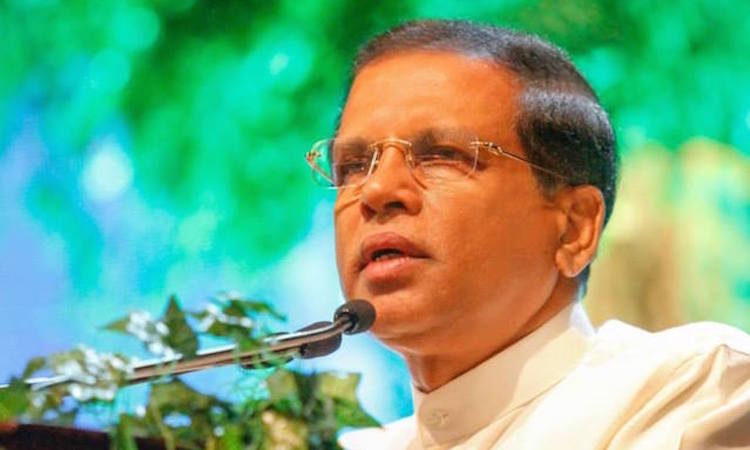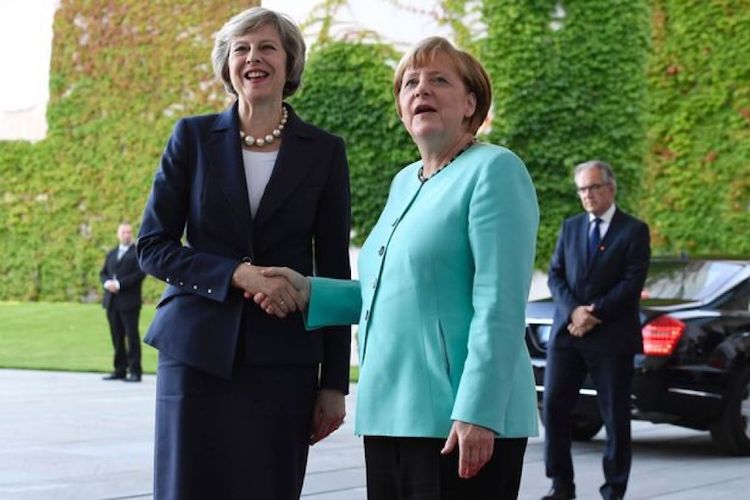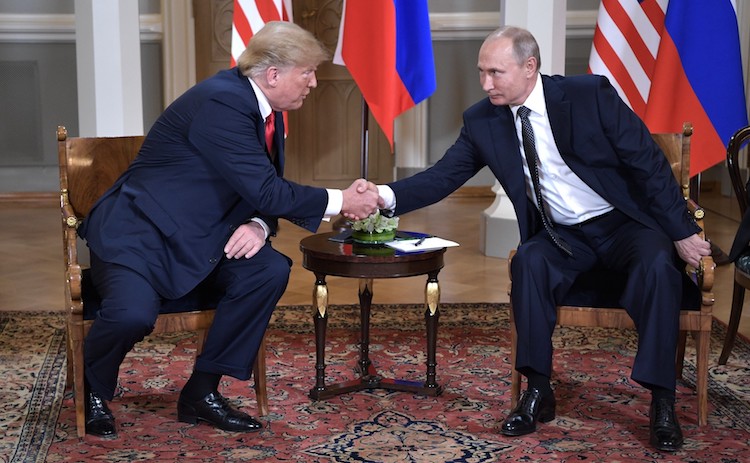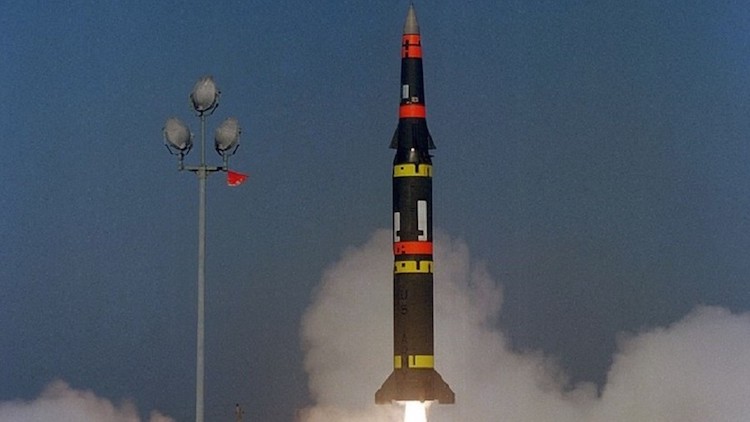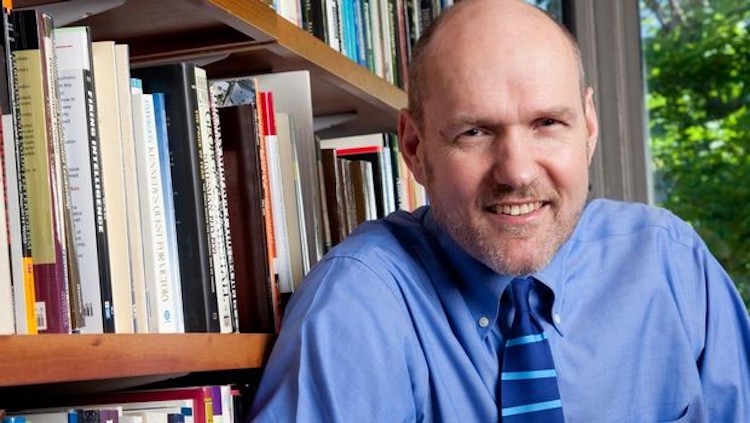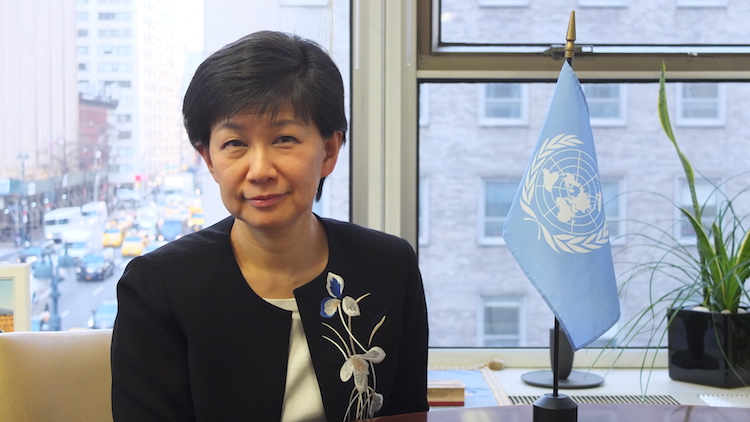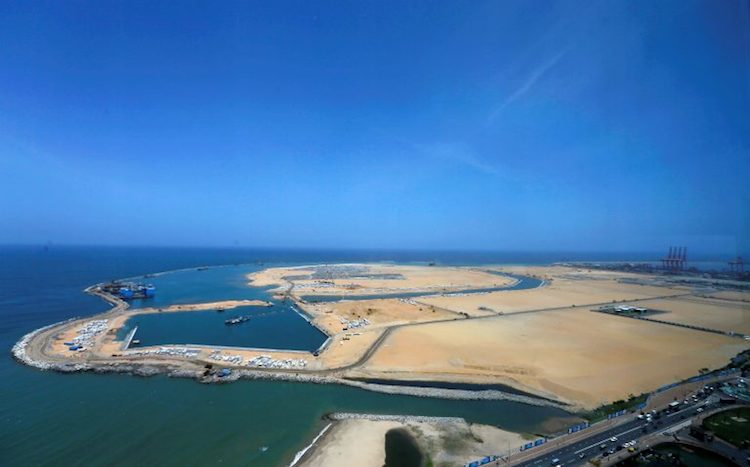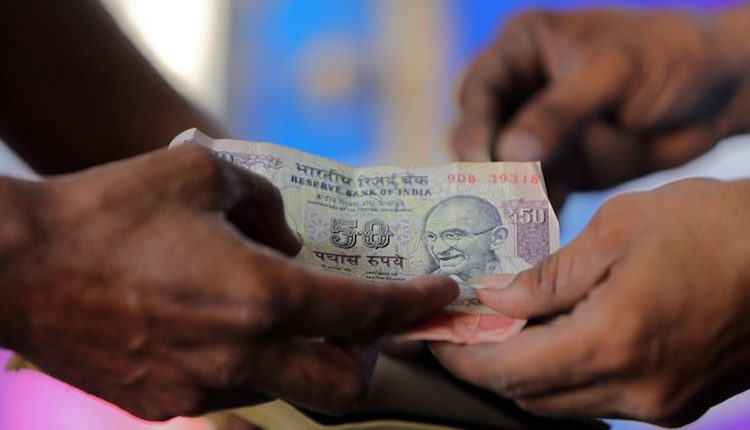Viewpoint by Friday Forum Sri Lanka President Maithripala Sirisena’s move to remove Prime Minister Ranil Wickremesinghe and prorogue Parliament was “a shameless disregard of this political mandate given to him by the people”, avers the Friday Forum in a statement circulated on November 5. The Friday Forum is “an informal group of concerned citizens pledged to […]
Theresa May Should Join Angela Merkel at the Retirement Door
Viewpoint by Jonathan Power* LUND, Sweden (IDN-INPS) – Is Angela Merkel, Chancellor of Germany, responsible for Brexit? In a way yes she is because at the time of the great economic crisis of 2007-2013, counterproductively she insisted on austerity throughout the European Union. Austerity helped turn the poorer classes of the UK towards Brexit. But […]
Palestinians, Goodbye?
Viewpoint by Pier Francesco Zarcone* ROME (IDN) – Sorry to say so, but the future of the Palestinians is darker and more bleak than ever, because the Sunni Arab countries have become disinterested in them and they have no powerful friends in the world. Today their loneliness is stronger and more evident, as even the […]
INF Treaty Decision is a Debacle, But Worse May Be Coming
Viewpoint by Daryl G. Kimball The author is Executive Director of the Arms Control Association. This article appeared on 1 November 2018, and is being reproduced by courtesy of the think-tank. – The Editor WASHINGTON, D.C. (IDN-INPS) – Earlier this year, President Donald Trump told reporters that he wanted to work with Russian President Vladimir […]
Tear Down Walls, Those Manifestations of Superficial Thinking
Viewpoint by Jonathan Power* LUND, Sweden (IDN-INPS) – At first I was a bit surprised to find that the English admonition, “Good fences makes for good neighbours” exists in many other languages. I shouldn’t have been taken aback. A moment’s reflection should have told me that fences and walls to divide off peoples have been […]
The INF Treaty Looks Likely to be a Dead Letter by April 2019
Viewpoint by Dan Smith The following article by Dan Smith, Director of the Stockholm International Peace Research Institute (SIPRI), first appeared on October 23, 2018 on the Institute’s website. He has a long record of research and publication on a wide range of conflict and peace issues. Smith served four years in the UN Peacebuilding […]
A New Book Proposes an Alternative U.S. Foreign Policy
Viewpoint by Jonathan Power* LUND, Sweden (IDN-INPS) – At last a book that attacks the “Blob” and holes it below the water line. Whether it can sink it is another matter. I’m talking about ‘The Hell of Good Intentions: America’s Foreign Policy Elite and the Decline of U.S Primacy’ by the Harvard professor of international […]
Full Potential of Nuclear Weapon-Free Zones Has Yet to be Recognised
Viewpoint by Izumi Nakamitsu The following are extensive excerpts from a statement by Izumi Nakamitsu, the UN High Representative for Disarmament Affairs (UNODA) at a side event on October 18, 2018, organized by the Permanent Mission of Kazakhstan to the United Nations on Consolidating and Enhancing Cooperation among Nuclear-Weapon-Free Zones. – The Editor NEW YORK […]
China Lacking a Clear Strategy for Overseas Investments
Viewpoint by Xie Ping The author is professor at the PBC School of Finance, Tsinghua University and is former executive vice president of China Investment Corporation. This article first appeared on October 8, 2018 in EastAsiaForum. BEIJING (IDN-INPS) – China has become one of the world’s biggest investors. The explosive growth of its outward investment […]
India’s Free Trade Woes in the Face of Deteriorating Balance
Viewpoint by Biswajit Dhar The author is Professor at the Centre for Economic Studies and Planning School of Social Sciences, Jawaharlal Nehru University. This article first appeared on October 9, 2018 in EastAsiaForum. NEW DELHI (IDN-INPS) – Leaders at the sixth Regional Comprehensive Economic Partnership (RCEP) Ministerial Meeting in August 2018 appear to have taken […]

